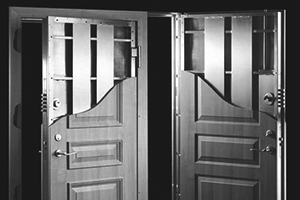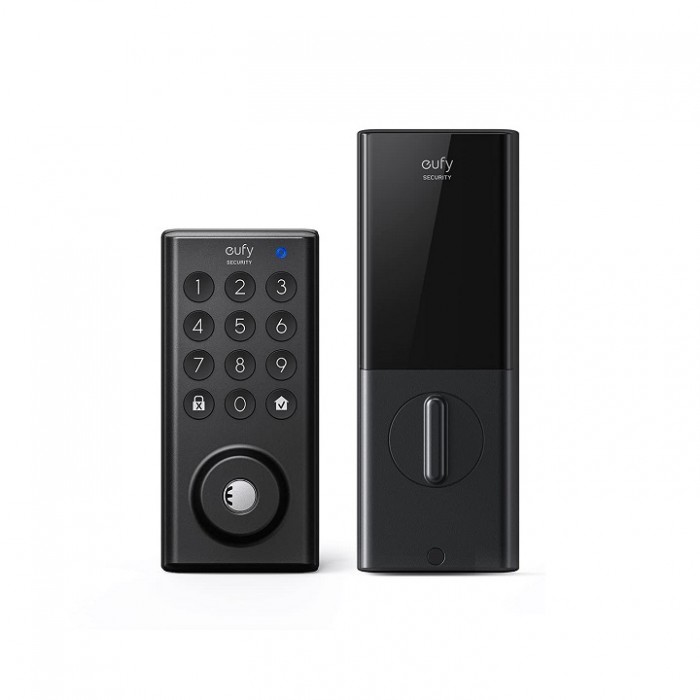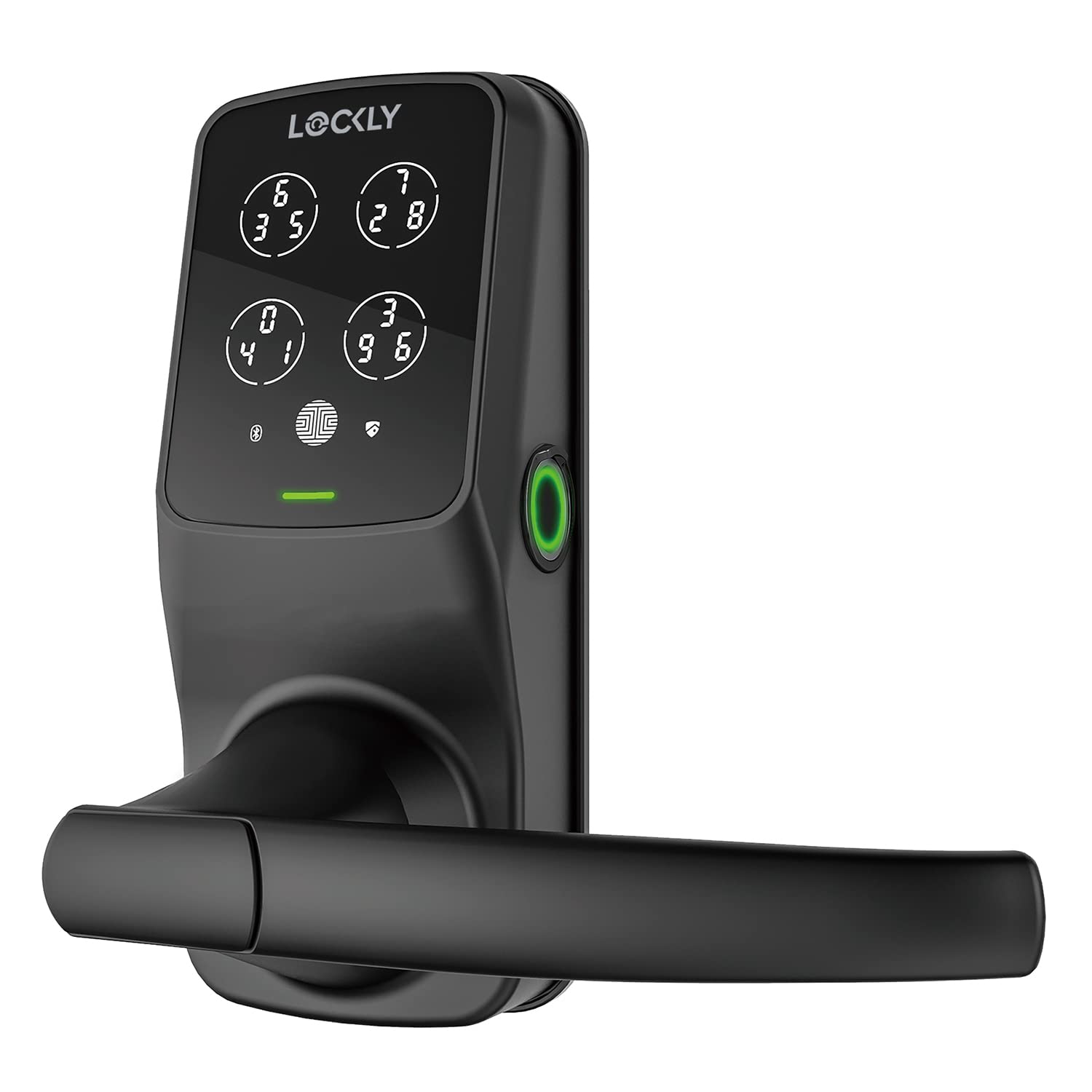
Scout Security is an independent alarm company. It was founded in 2013, and launched with a crowd-funding campaign. The goal of the campaign was exceeded within 30 days. It is one of the most popular DIY home security systems.
The equipment can be controlled remotely via a smartphone or a computer. It is inexpensive, easy to set up, and affordable. In addition, it offers a variety of equipment bundles that include professional monitoring.
The system comes with a hub, door panel, and access sensors that are connected to an app on your phone or tablet. Also included is an indoor security camera and smart door lock.
Most items can be mounted without the use of any tools using adhesive strips. Only the video doorbell and indoor security cameras require additional hardware and tools.

Alarms can be set to different modes, such as "Home", "Away", or even "Kids Playing". The controls mimic IFTTT's (even though it doesn't use this platform), meaning you can create triggers that will send you text messages and emails when specific events happen.
Alexa allows you to arm and disarm your system using voice commands. For each command you'll have to speak a code. This is not a negative thing. It adds an additional layer of security and prevents anyone from pulling the cord accidentally.
It's also worth noting that Scout has a cellular backup and can automatically set off the alarm when it loses Internet connectivity. This keeps your system safe by preventing it from crashing.
The app allows you to control the system via your smartphone or tablet. You can change the settings of your sensors, watch live feeds on your indoor camera and grant access to your house.
Scout's Customer Support is outstanding. Representatives are available every day from 9am to 6:30pm CST. There is email and phone support available, along with a knowledgebase and a forum.

Scout accepts returns for refunds or replacements. You will receive a prepaid label for returning the item and you'll be sent a brand new product at no cost.
All equipment and hardware are eligible for a money-back guarantee of 60 days, so long as it is in the original packaging, and not working incorrectly. All devices are covered by a 3-year warranty.
Choose the professional monitoring service and you can enjoy peace of mind in knowing that you will always be contacted by an expert contact if there is an emergency. This feature is especially useful for families with small children or pets who might be away from home.
Scout also allows you to unlock your front door remotely, monitor the status, or even see a list of recent visitors using the doorbell cameras. The app lets you grant access to the home from your smartphone. It allows you to monitor who is inside your home without ever having to leave your couch.
FAQ
How do you choose between different home security systems types?
You need to think about the potential threats that your area faces. For example, if there's a lot of crime in your neighborhood, then you might want an alarm that will sound when someone enters your property. If you live in a rural area where there aren't many burglaries, then you may not need as much security.
You should also think about whether you're willing to pay for extra features. Some systems come with built-in cameras while others don’t. Some allow you monitor your house remotely while others require you physically to view the footage.
What is the easiest method to install a home security alarm?
Home security systems that don’t require any installation are the best. These are "plug-and-play" systems that work like magic. You simply need to plug them in to the power outlet and then connect them via a wireless router to the internet. Once everything is connected, you will be able control it from anywhere in the globe.
Who is the best home security surveillance company?
ADT is the best company for home security monitoring. They provide 24/7 monitoring at an affordable cost. They have a customer service team that is available 24 hours a day and will respond within minutes to all issues.
ADT also has an app for iOS and Android. You can now check the status of your home from anywhere, at any time.
What security system would you recommend?
The best security system depends on the value you place on your home. An inexpensive alarm system that doesn't offer much protection can be chosen. You can either get a better one with more features, such as remote monitoring, video surveillance or access control.
Statistics
- Cove sets you free without punishing penalties and fees, unlike other security solutions that charge 75% to 100% of your remaining contract. (safewise.com)
- Most home security companies will charge you around 75% of the remaining term of your contract if you cancel early—and some require 100%.Related questionsWhat type of contract length can I expect from security providers?Home security system cancellation (safewise.com)
- Unlike other online safety services that charge up to 100 percent of your monthly fee, Cove charges no upfront fees and has no hidden costs.
- That's probably why Cove has a whopping 98%* customer retention rate. (safewise.com)
External Links
How To
How to Install a Home Security System
A home security system monitors your property and alerts if there is any activity. It could be motion sensors, doorbell cameras, smoke detectors or burglar alarms. A home security system is usually composed of one or several sensors (e.g. motion detectors), that send signals when there's movement or sound. The signals are then sent out to a control board where they can monitored and recorded. If there's a problem such as someone breaking into your house or other suspicious activity, the control panel sends an alert via your phone, tablet computer, voice assistant, or computer. The control panel will notify you immediately so that you can take corrective action.
You must first choose the right kind of sensors for you home in order to install a home alarm system. There are two main types: passive and active sensors. Passive sensors don't require batteries; they just pick up sounds and vibrations from their surroundings. They can be doorbells or sirens as well as buzzers. Active sensors use electricity for data transmission. Examples of such sensors include cameras and motion sensor.
There are many different brands of sensors available today. Each brand has its advantages and disadvantages. For example, some sensors are weatherproof, while others aren't. Some have built-in speakers that allow you to hear them outside. Some work only indoors. Some are simple, while others offer advanced features such as night vision.
After selecting the right sensors for your property and deciding on a manufacturer, you will want to make a selection. This will help ensure that your sensors work well together. You will find many options in your local hardware store.
Once you have decided on a brand to use, it is time to decide on how many you want. Depending on whether you live alone or with your family, most people will start with just one or two sensors. However, if you plan to add additional sensors later, you might consider buying extra than you think you'll need now.
Next, decide where you want the sensors to go. Do you want them close to doors or windows? Are they best kept hidden? Before you place them on your property, make sure that you have permission. It is important to ensure they do not interfere with electrical outlets.
Now that you know the exact location of your sensors you will need a connection to your control board. Depending on your setup, you may need to purchase a power adapter or battery pack. Once you have everything in place, your property can be monitored!